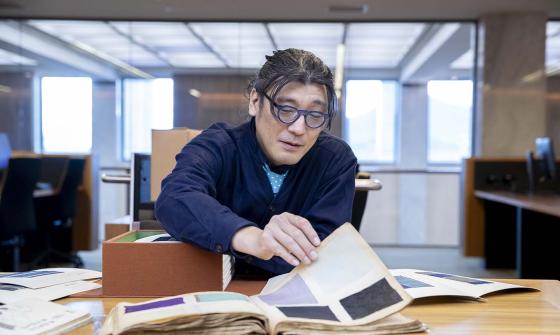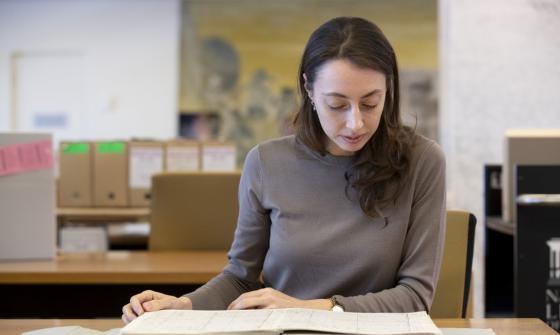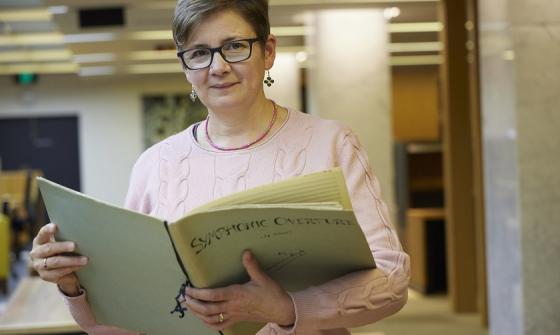'Buried treasure': Caroline Chisholm in the manuscripts collection
In 2024, Judith Bartholomeusz dove into the manuscripts collection to explore the career of Caroline Chisholm, and how it was influenced by ideas of utopias.
Read on to learn about her research, some of hidden gems she found and her experience as a National Library of Australia Scholar.
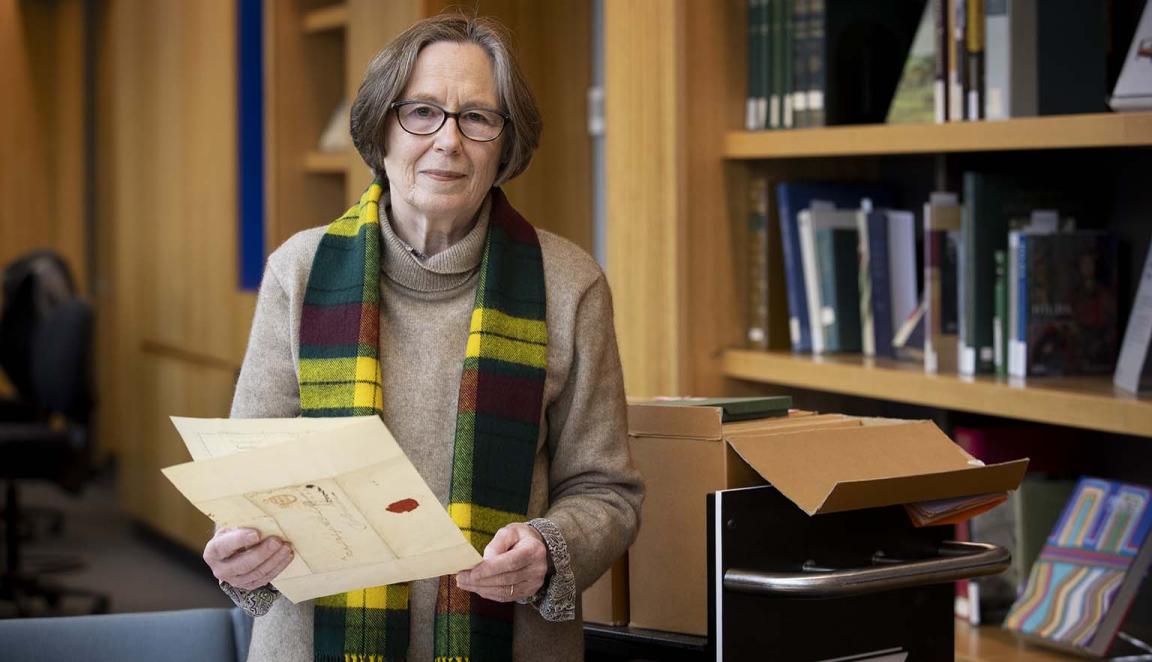
Mrs Judith Bartholomeusz, 2023 National Library of Australia Summer Scholar
Mrs Judith Bartholomeusz, 2023 National Library of Australia Summer Scholar
What are you researching and how did you first become interested in this topic?
For my PhD study I am researching the intellectual underpinnings of the imperial career of Caroline Chisholm. I first became interested in the topic when volunteering, teaching English as a second language conversation class. I helped participants to practice their English language skills and introduced them to Australian history at the same time. Apart from providing opportunities to practice English I wanted to help students to be able to find events and people in our history with which to identify so that they could feel that they belong here. Caroline Chisholm - "The Emigrant's Friend" - was very popular with them and the more I taught about her the more questions arose in my own mind about aspects of her career. This resulted in an application to study for a PhD at St Mark's Theological College-Charles Sturt University.
For my National Library Scholarship I chose to focus on and explore some of the utopian-like influences on her career around the 1830s and 1840s. My interest in utopias is long-standing, stemming from a seminar on "Ideas of Community" in which I participated during my honours year in 1979. My interest in women's history, British World-Imperial history and Australian history also go back to my first degree. My passion for church history grew from the 1980s. All these interests come together in my chosen PhD topic.
Why did you want to research at the National Library?
Online access is wonderfully convenient, but nothing matches the tactile and at times emotional experience of reading original documents. Manuscripts to me are buried treasure and I have loved the experience of recovering glimpses into Australia's colonial past and vicariously meeting the people whose lives are represented within them. The John Dunmore Lang papers, and the Miriam Chisholm papers and artwork were special attractions. From these I was able to access manuscripts of relevance to my PhD topic.
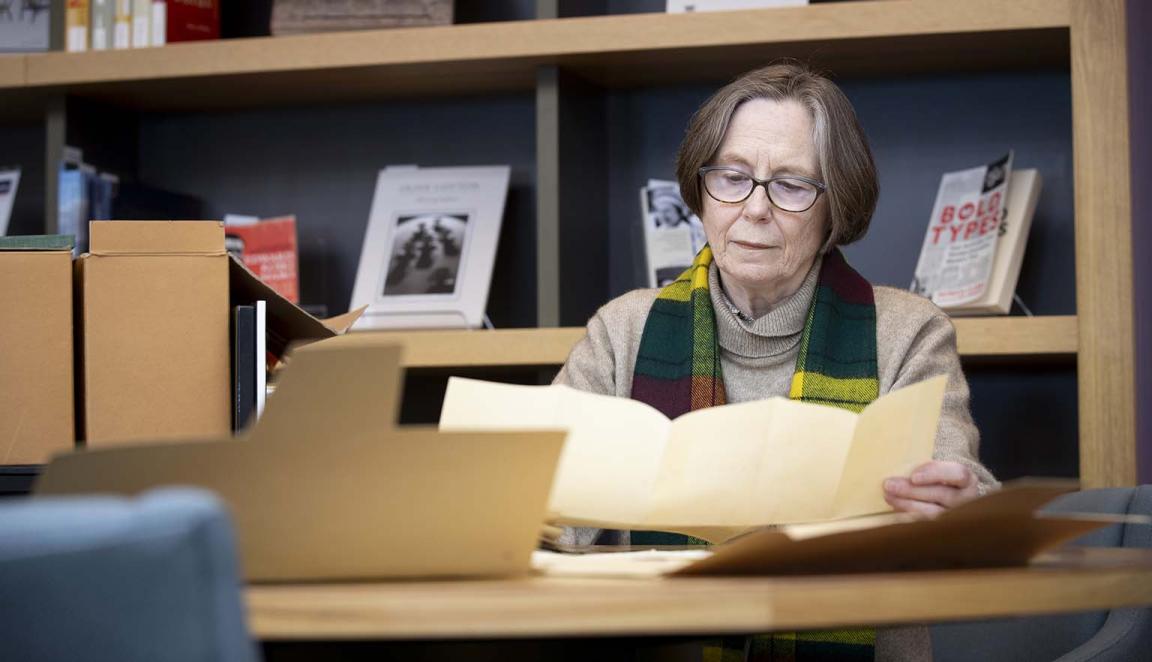
Mrs Judith Bartholomeusz, 2023 National Library of Australia Summer Scholar
Mrs Judith Bartholomeusz, 2023 National Library of Australia Summer Scholar
Fascinate us with a story about something you discovered...
Chisholm's time in the Madras Presidency of India from 1833 to 1838 when her husband served with the East India Company is relatively unresearched to date. It has been part of my task to uncover that context. In the pages of a Letterbook kept from 1836 to 1844 in the collection I encountered a lonely young lieutenant who longed for a wife and wrote of this regularly to his mother and sister while on EIC service. "A nice wife" was his personal utopia, though lieutenants were not permitted to marry. It brought into focus the experience of Lieutenant Archibald Chisholm, who, at the completion of his first term of EIC service, was able to return to Britain on furlough and find a wife. The marriage of Caroline and Archibald followed on 27 December 1830. This understanding gives added context to Chisholm's perceived preoccupation with marriage. It's also a reminder that human nature and longings for supportive relationship don't change.
I was also faced with an unexpected puzzle to solve. Having spent time looking at maps and distances travelled by Chisholm in India I longed to know why the most sought-after, utopian-like location for respite from the heat of Madras was not marked on maps of the era. As to why this place was such a seemingly well-kept secret, an answer came unexpectedly from an Anglican chaplain's contemporary account in which he revealed that the location was so beautiful that Europeans couldn't believe that such a utopia could exist in India. It is a reminder that we humans are prone to having "blind spots" in our view of life. Hence the value of historical analysis that is not limited by the "tyranny of the present" or political motive.
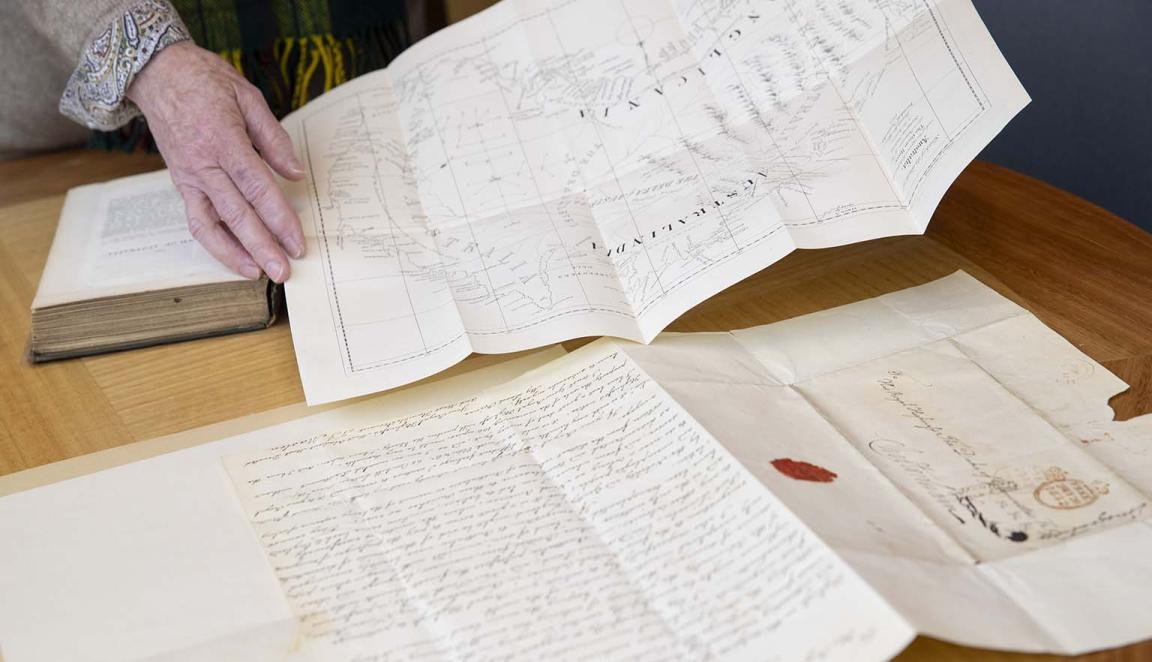
Mrs Judith Bartholomeusz, 2023 National Library of Australia Summer Scholar
Mrs Judith Bartholomeusz, 2023 National Library of Australia Summer Scholar
How are you planning to use what you've discovered through our collections?
My Scholarship research will inform two chapters of my final thesis. Once I have completed my degree I hope to publish and continue to engage in research into some of the interesting tangents that I've come across and hopefully produce further publications.
Why would you recommend the National Library Scholarships program to others?
The Scholarship provided a unique opportunity to immerse myself in the era through reading original manuscripts. There was also the added pleasure of being in such an iconic building and appreciating its mid-century modern aesthetics. I count myself privileged to have been awarded the Scholarship, am grateful for the generosity of the donor and have no hesitation in recommending the program to others.
The National Library of Australia Scholarships program provides PhD students with the opportunity to undertake research at the Library using our collections. Applications for 2026 National Library of Australia Scholarships are open from Monday 28 April to 5pm (AEST) Monday 30 June.
